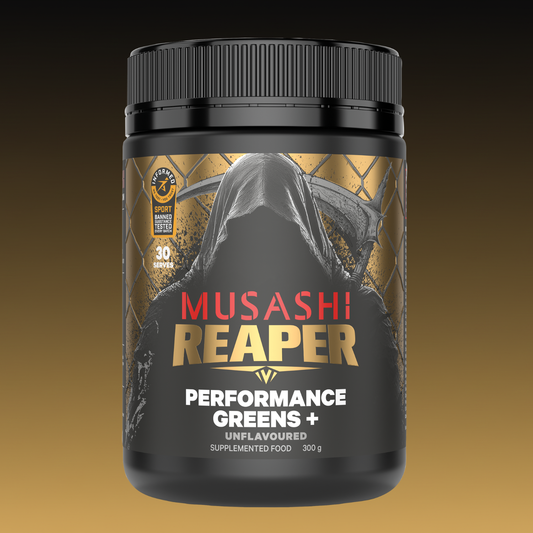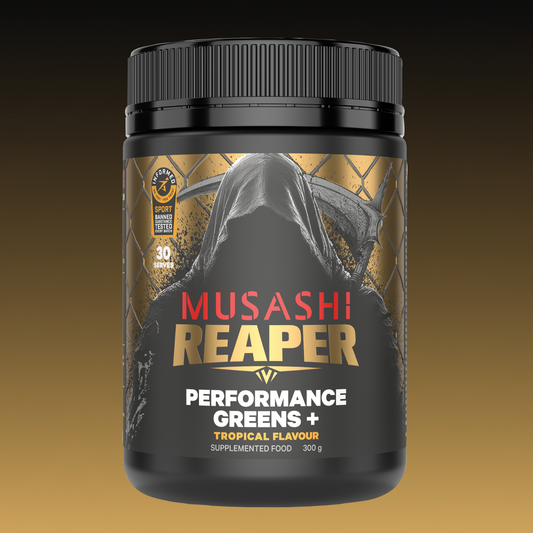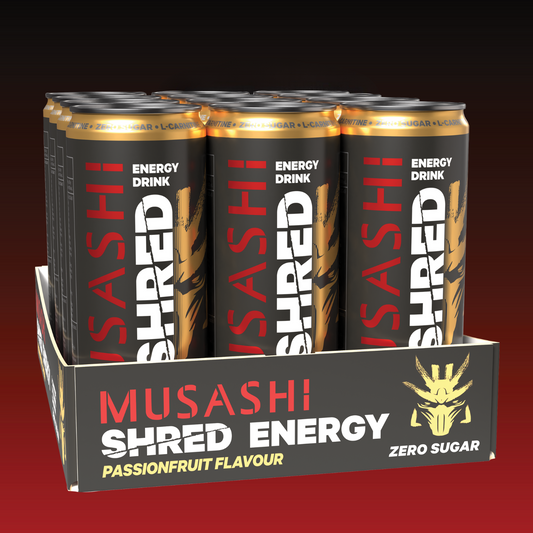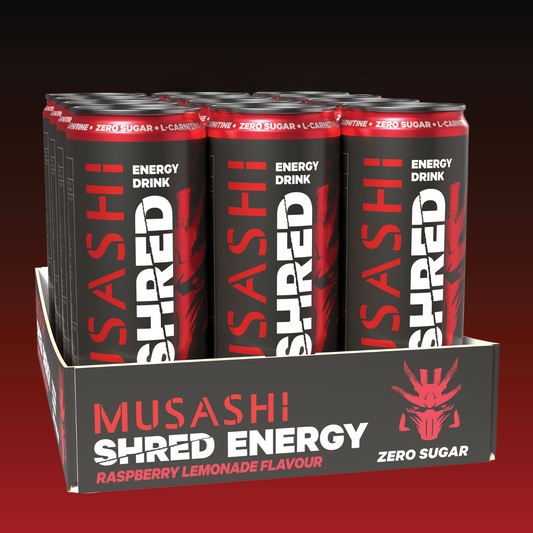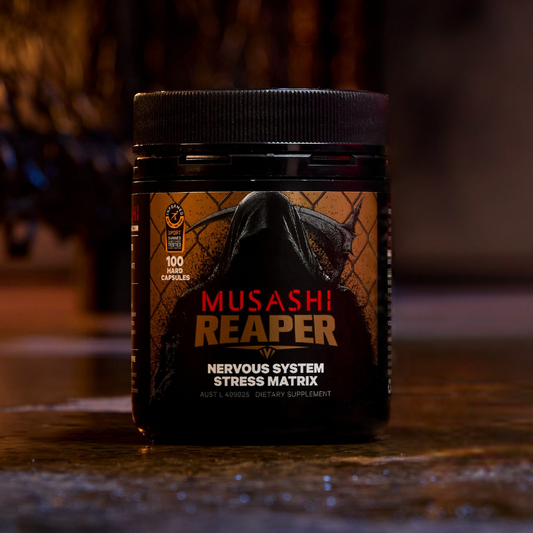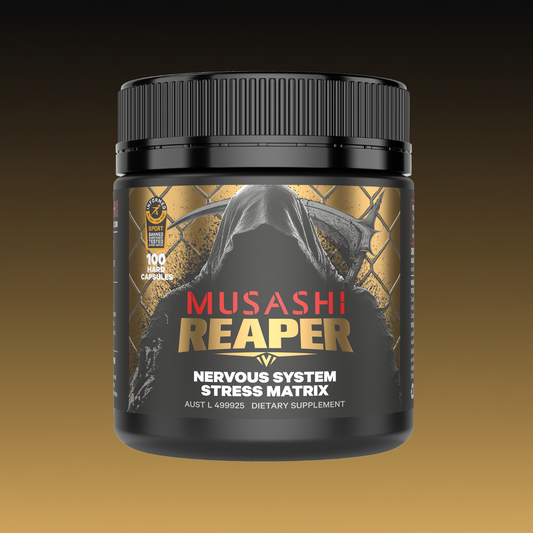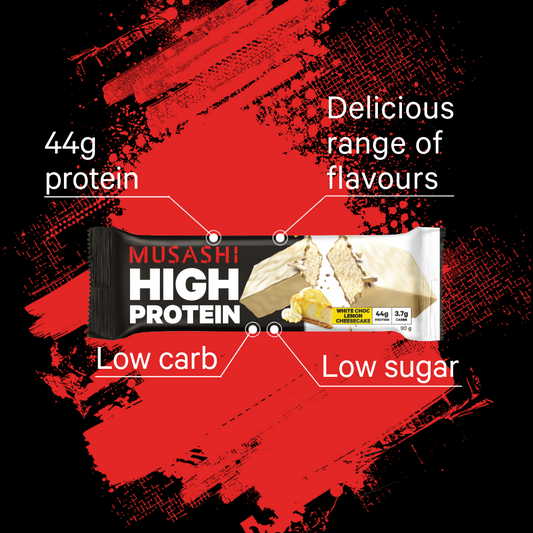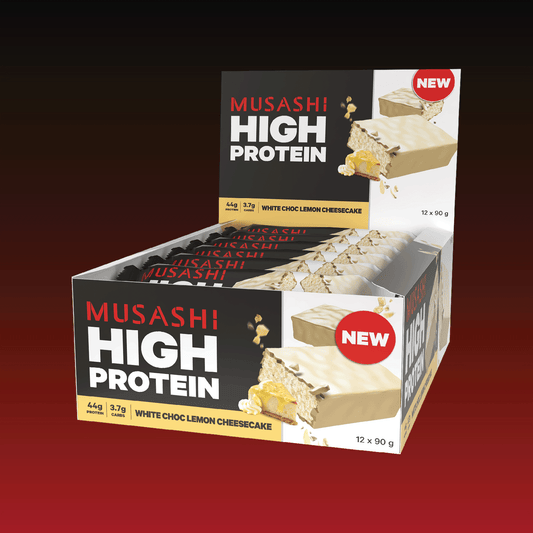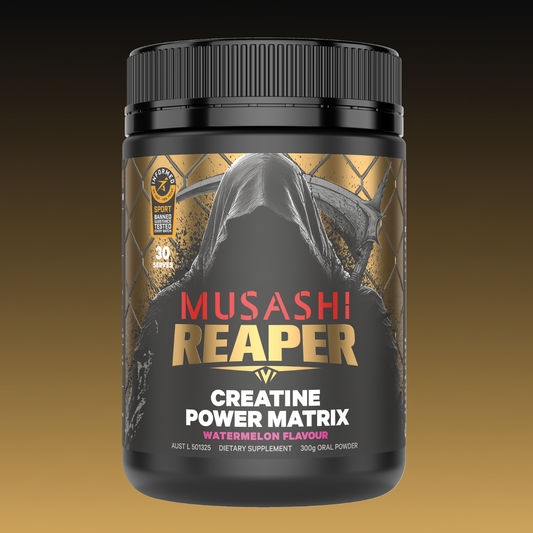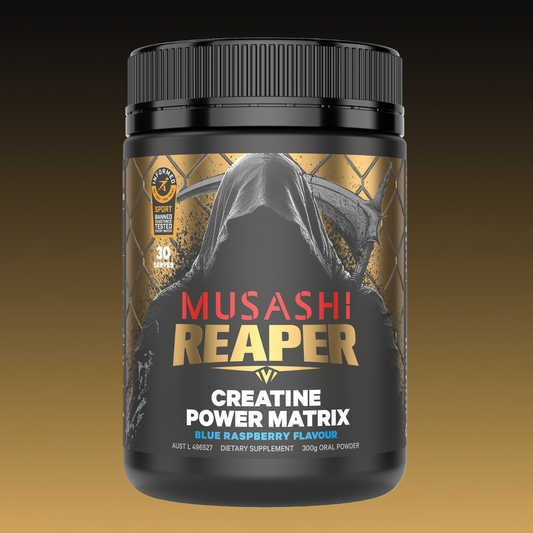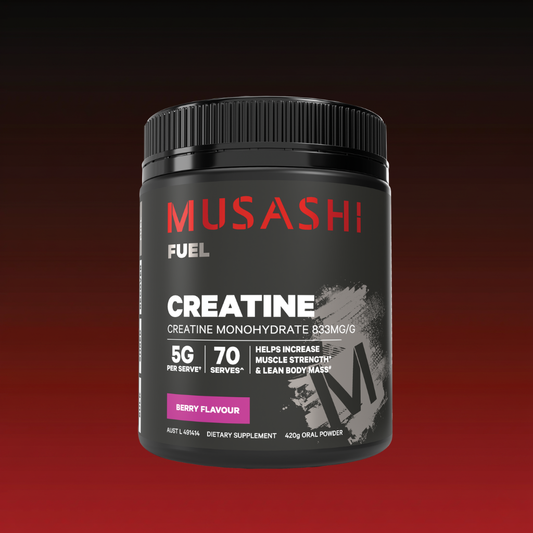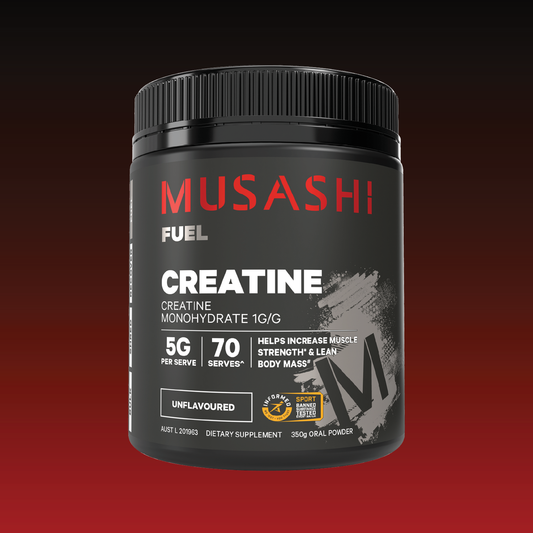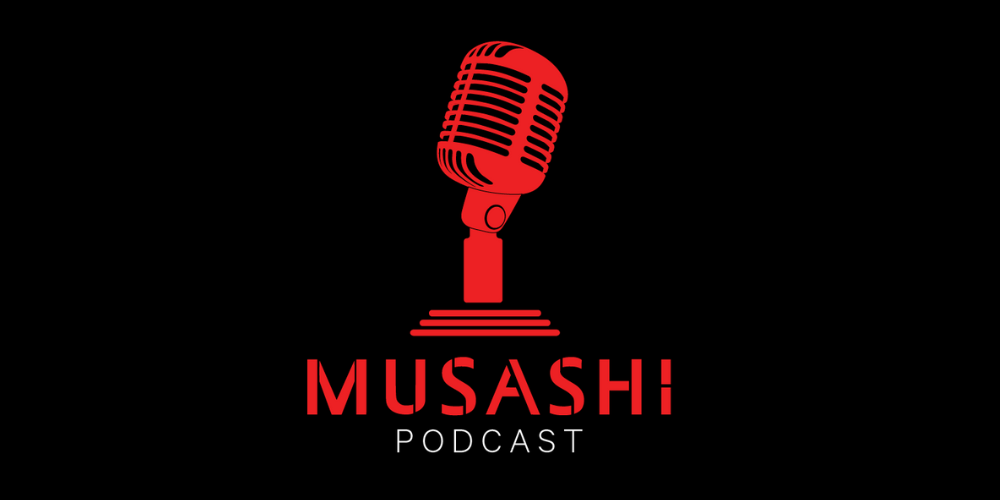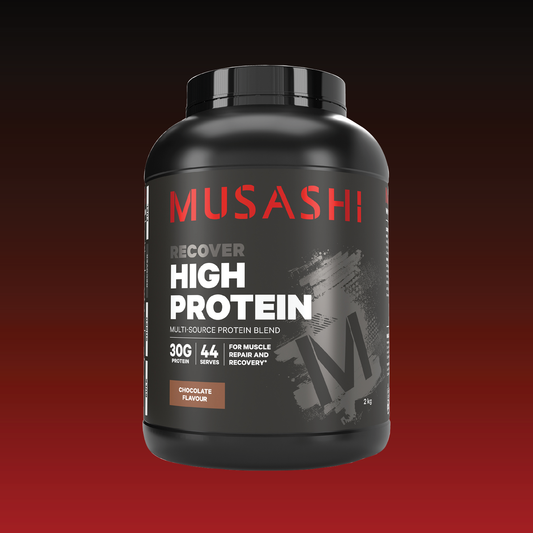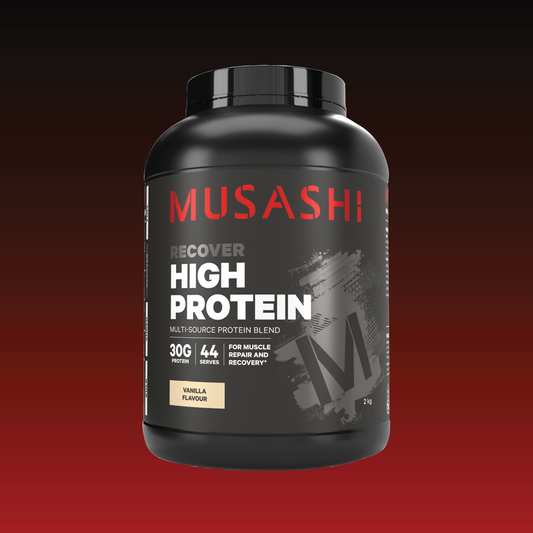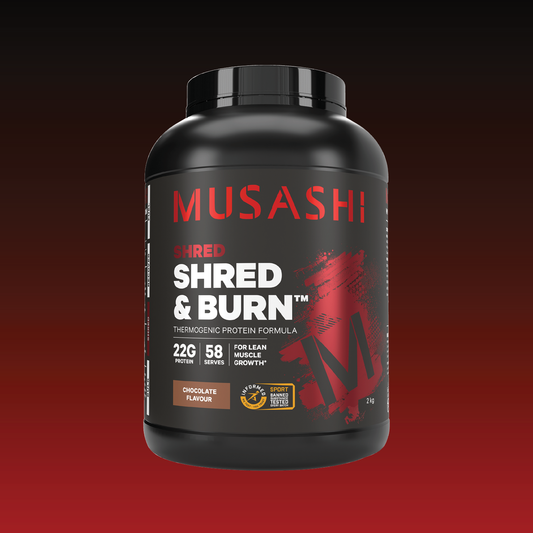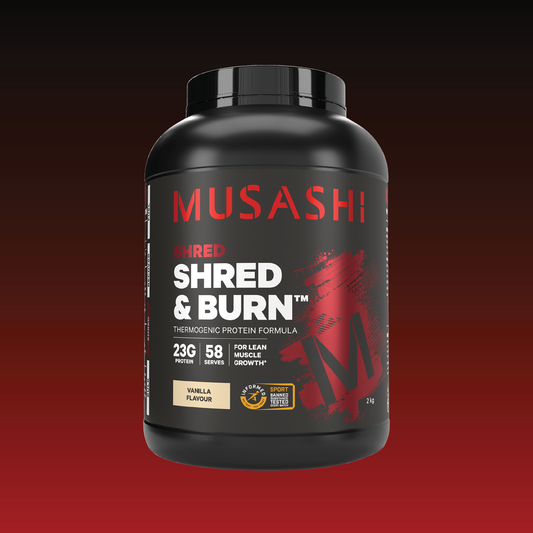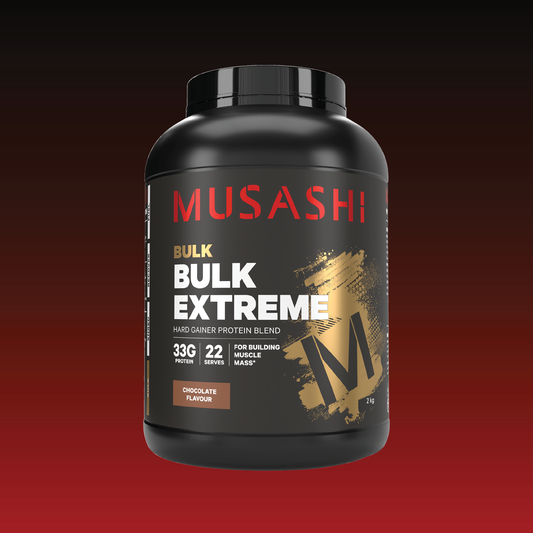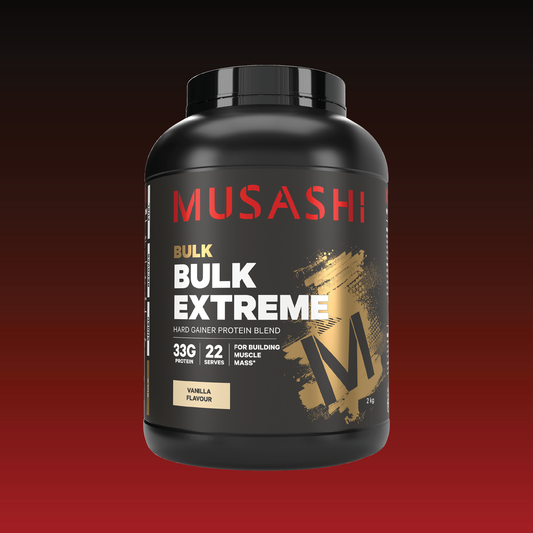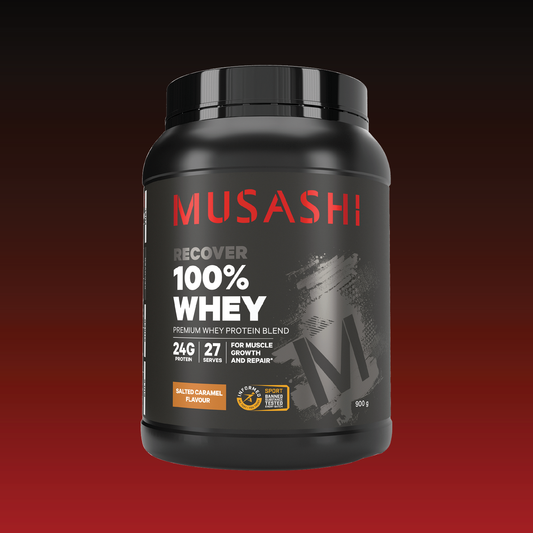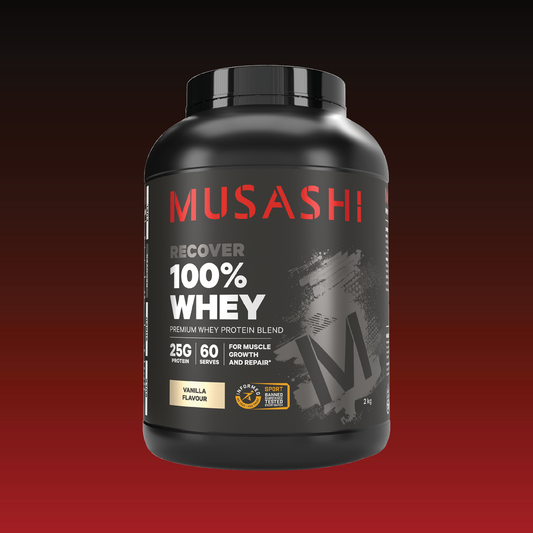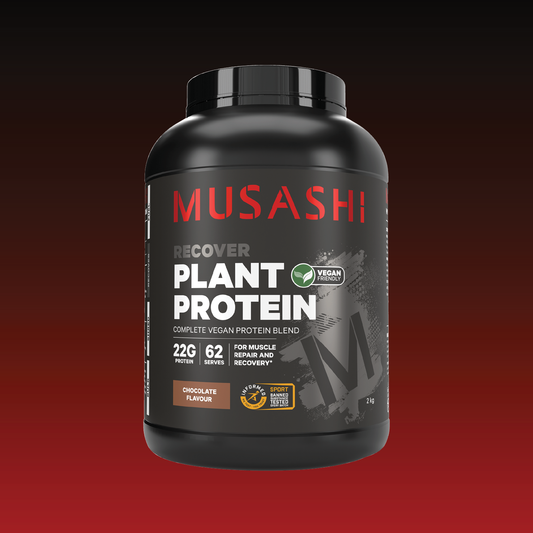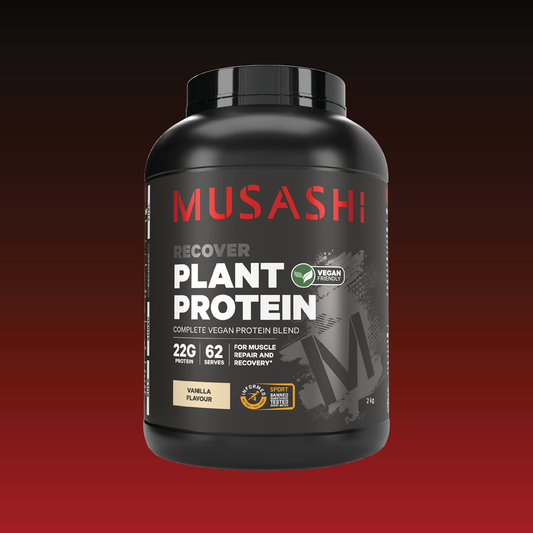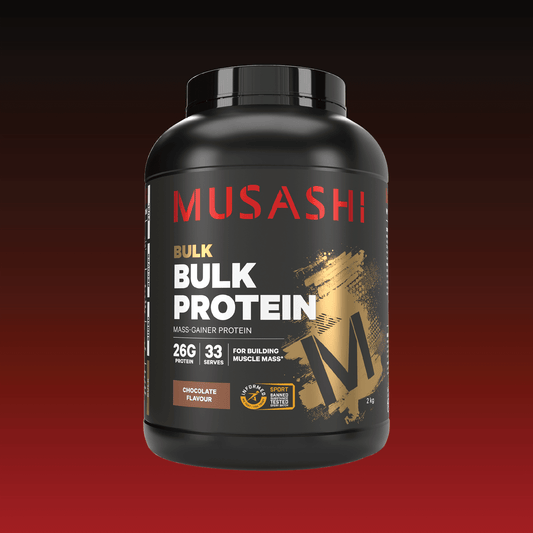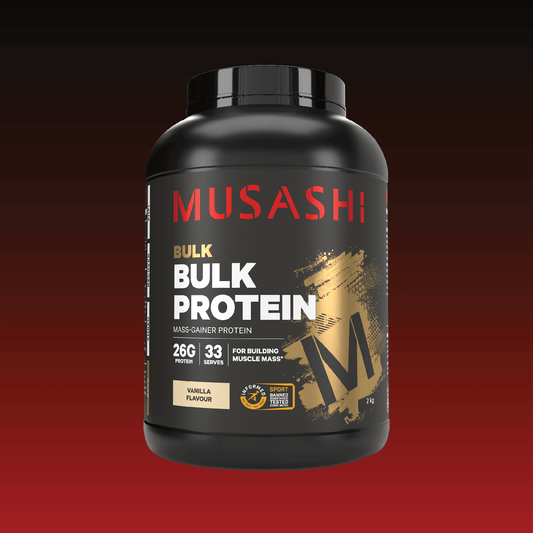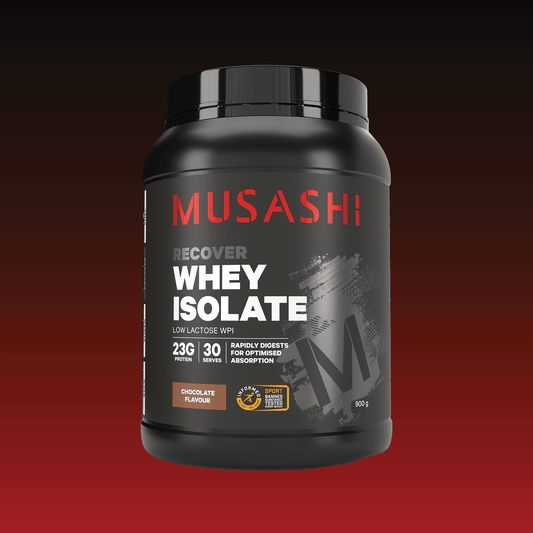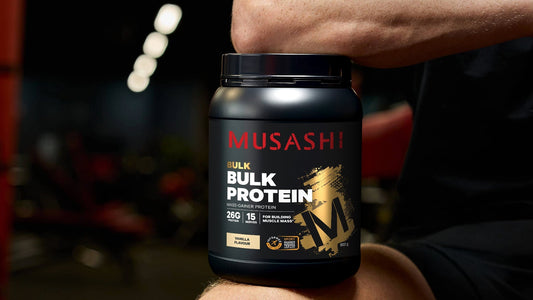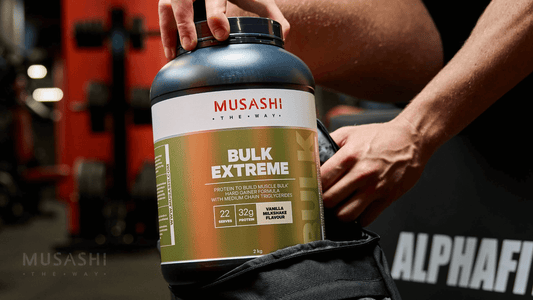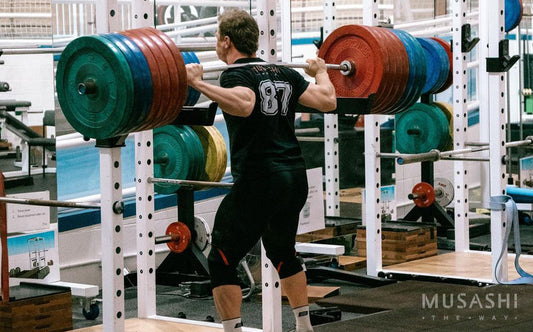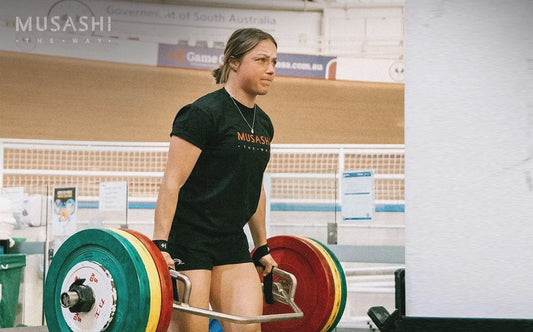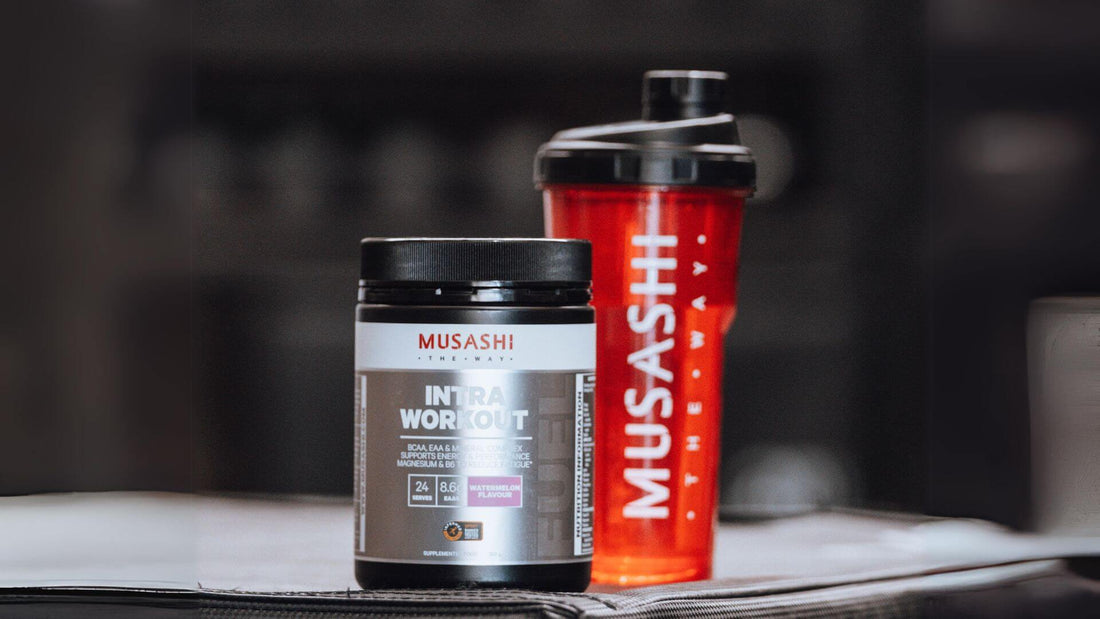
Protein makes up part of the structure of every cell and tissue in your body. This includes muscle tissue, internal organs, tendons, skin, hair and nails. Your ability to see, think, hear and move - in fact, to do just about anything requires protein. On average, it comprises of about 20% of your total body weight. Proteins are made up of building blocks called amino acids. Proteins are sometimes described as resembling long necklaces with different shaped beads. Each bead is a small molecule called an amino acid which are linked together by peptide bonds to make thousands of different proteins. Only 20 amino acids are important to human health. The two broad classes of amino acids are those that can be made by the human body - referred to as non-essential amino acids and those that must be supplied to us through our diet - referred to as essential amino acids (EAA's). During the digestion of food, the body breaks proteins we eat into amino acids. These amino acids are then used to build new proteins i.e. build muscle; this process is referred to as protein synthesis.
What is the difference between using a protein powder or an amino acid supplement?
Protein powders and amino acids both help athletes meet sports nutrition goals however, they both deliver different results. Protein powders boost your total protein and contribute to daily calories, which in turn support muscle building and fill the gaps in your diet. Amino acids target very specific areas of metabolism - one amino acid may enhance fat metabolism whereas another can improve muscle performance. Protein powders are made from whey, casein, egg white, soy protein or plant protein. They are all quality sources of protein and contain all of the EAA's required to sustain life. Protein powders support the increased nutritional demands of an athlete and contribute to total daily protein intake. Protein powders are considered a food supplement and will satisfy the appetite leaving you feeling fuller for longer. Amino acids fulfil specific roles in the body, but they contain minimal calories and will not contribute to daily food intake. Supplementing with the amino acid creatine can improve performance and increase muscle strength and power during high-intensity and sprint activities. The amino acid carnitine encourages the body to burn fat as fuel and the amino acid glutamine helps support a healthy immune system.
What are the benefits of using a protein powder and an amino acid supplement simultaneously?
Athletes often mix supplements together in the hope of a more effective result. Studies support these actions and prove that taking amino acid supplements in conjunction with protein supplements, especially whey protein powders i.e. Musashi 100% Whey will enhance the overall results. One study found the combination of whey protein powder plus glutamine and BCAAs is more effective than whey protein alone at increasing fat-free body mass and improving exercise performance. Another study confirmed supplementing with a combination of whey protein and creatine will provide greater strength when using the bench press and greater results in lean muscle mass.
MUSASHI AMINO ACIDS
Musashi Glutamine
The amino acid glutamine is required for cell growth. It also serves as a fuel for the immune system during prolonged periods of heavy training or stress. Physical exertion or strenuous exercise may reduce glutamine levels, which can be a factor in reduced immune function.
Musashi Carnitine
The amino acid carnitine is commonly used among athletes and exercise enthusiasts. The main role of carnitine is to transport fatty acids through the body and convert fat into usable energy. Research confirms carnitine is especially effective during exercise therefore the best time to take Musashi Carnitine is immediately before or after exercise.
Musashi BCAA
Branched chain amino acids (BCAAs) refer to the three single amino acids leucine, isoleucine and valine. The combination of these important amino acids helps the muscles fight against fatigue. Musashi BCAA is commonly used by athletes with limited recovery time between training sessions i.e. more than one training session per day (e.g. triathletes) or multiple heavy training sessions per week (e.g. bodybuilders).
Musashi Beta Alanine
During high intensity exercise, such as short bursts of energy which last between 2-8 minutes, there is an increase in hydrogen irons (acidity in the muscles) which can lead to 'muscle burn' and the onset of fatigue. Musashi Beta Alanine increase carnosine, which reduces the acidity in your muscles and reduces the onset of fatigue during high-intensity exercise.
REFERENCES:
Colker, C.M., M.A. Swain, B. Fabrucini, Q. Shi, & D.S. Kalman. Effects of supplemental protein on body composition and muscular strength in healthy athletic male adults. Curr Ther Res. 61:19-28. 2000. Burke DG, Chilibeck PD, Davison KS, Candow DG, Farthing J, Smith-Palmer T. The effect of whey protein supplementation with and without creatine monohydrate combined with resistance training on lean tissue mass and muscle strength. Int J Sports Nutr Exerc Met 2001; 11:349-364.
